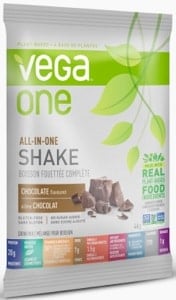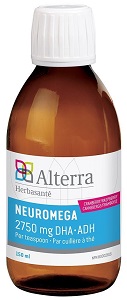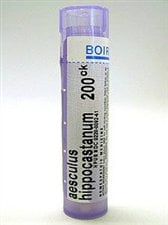Posted Aug 9, 2009
Understanding good nutrition is an important part of any fitness programme and healthy living experience. Here are some tips to get you started. I recommend getting personalized advice from a qualified dietician as well.
Carbohydrates Carbohydrates supply the body with energy and are an essential part of a balanced diet. However, they’re often abused because they’re so conveniently available. It’s easy to pop into a million little shops or restaurants for a quick snack, but these foods are usually packed with calories and needless sugars that are stored in the body as fats. You should aim to consume carbohydrates in their natural state as much as possible. This means having more foods like fruits, vegetables, and whole grains that have low glycemic indices and release energy into the body slower. They are natural forms of nutrition and don’t have high GI like the processed ingredients of fast foods. Focus on these foods more during those times of the day when you’re most active, since this is when your body needs that energy. I would recommend at least five servings of fresh fruits or vegetables every day.
Dietary fats The general view is that eating fats will make you gain weight, but if you keep portion size under control that will not happen. It’s important to eat the right kind of fats that benefit the body. I’m sure you read that sentence twice; that’s right, some fats are good for you. They contain essential nutrients, so don’t cut them out completely from your diet. Include foods like nuts and nut butters, olive, safflower and flaxseed oil, and fish in your diet to get your share of healthy fats.
Proteins Proteins are the final piece in the puzzle and provide the basic building blocks for all the tissues in your body. They help to build muscle and contribute to a healthy immune system. Protein rich foods tend to make you feel full after eating them, so if you’re trying to lose weight, you must include them in your diet. Good sources of protein include chicken, fish, eggs and egg whites, beans and soy products.
Keep count Do remember that keeping track of the total calories you consume is important, whether you’re trying to lose, gain or maintain weight. As you go about calculating your calorie intake, keep in mind that each gram of proteins and carbohydrates supplies about four calories, while each gram of fat supplies nine. Once you have your nutrition figured out, the next step is planning your exercise programme. This involves getting the right equipment and figuring out a tracking method. We’ll discuss that next time. Matthews is physiotherapist with the Mittal Champions Trust
Date: July 24, 2009
To see more of the Hindustan Times or to subscribe to the newspaper, go to http://www.hindustantimes.com.
Copyright © 2009, Hindustan Times, New Delhi





